How long before bed should you stop eating?
Most medical professionals recommend a gap of 2 - 4 hours between your last meal and bedtime. ⏱️
This timeframe allows your body to digest the food adequately, reducing the risk of discomfort or disturbances during sleep.
Digestion [1] is a process that requires energy and can keep your body active, potentially interfering with your ability to fall asleep if food is consumed too close to bedtime.
What are the risks of eating before bed?
Eating right before bed can lead to several health implications.
A heavy meal right before bed can keep your body working through the night, affecting sleep quality. 🏋️
A study [2] of 793 students found that individuals who ate within 3 hours of their bedtime were more likely to experience nocturnal awakenings than those who ate earlier.
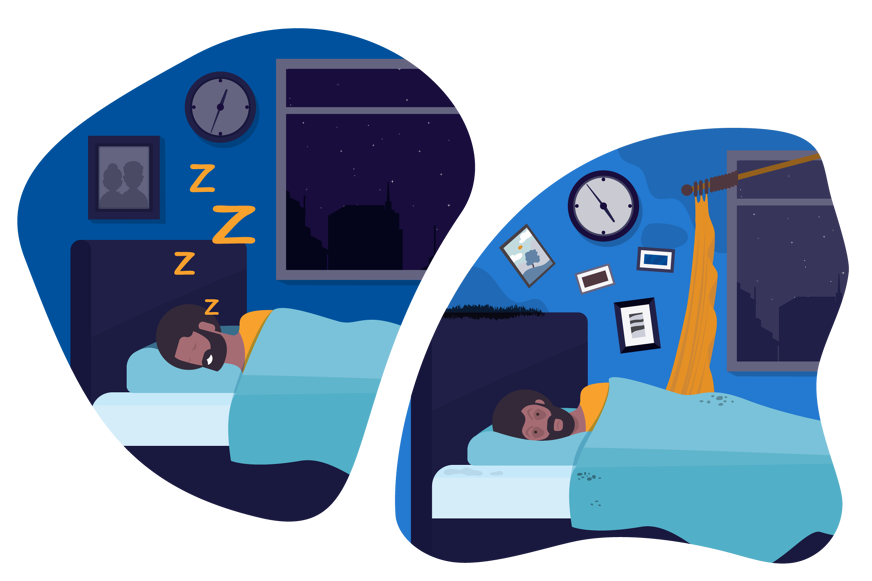
However, the study did not find a link between eating and the time it takes to fall asleep or overall sleep duration.
Lying down soon after eating also increases the risk [3] of acid reflux and heartburn. 🤢
Overall, eating a large meal close before bedtime can be disruptive to your sleep.
So, what should you avoid?
You should refrain from eating large meals within 3 hours before bed to prevent yourself from disrupting sleep.
Consuming caffeine or alcohol just before bed can significantly impair sleep quality.
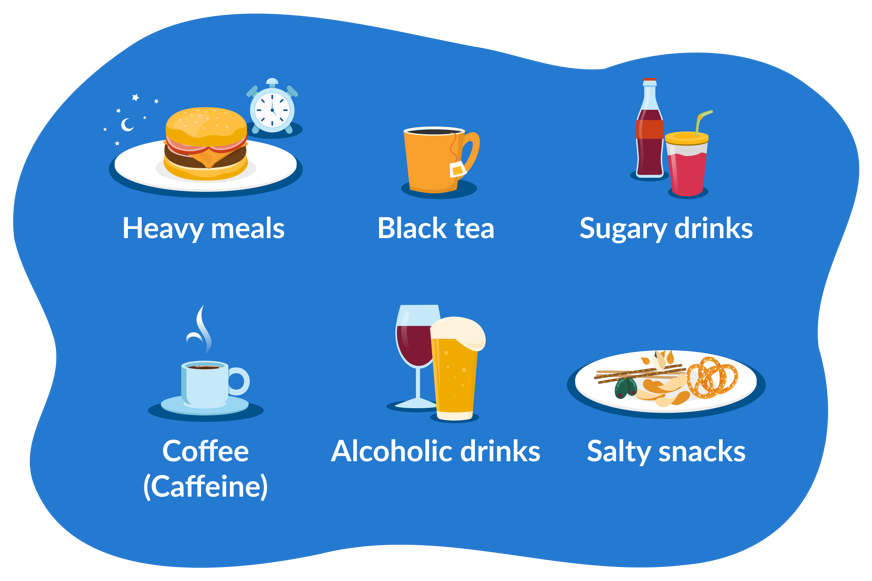
But some foods may actually benefit your sleep routine.
We’ll have a look at these further down. ⏬
Are there any benefits to eating before bed?
Despite the risks, there are indeed some benefits to eating before bed.
For individuals with diabetes, a pre-bedtime snack can stabilise blood sugar levels, warding off nightmares or sweating that disrupt sleep.
Many argue that eating before bed also causes weight gain [4].
However, this is mainly due to the extra calorie intake and bad habits, not that you are more likely to gain weight at night. 🍔
In fact, a study [5] found that a bowl of cereal 90 minutes after dinner could reduce calorie intake by 397 calories per day.
What foods should you eat before bed?
Certain foods high in tryptophan, serotonin, or melatonin aid in faster sleep onset.
For instance, tart cherry juice [6] is renowned for its high melatonin content.
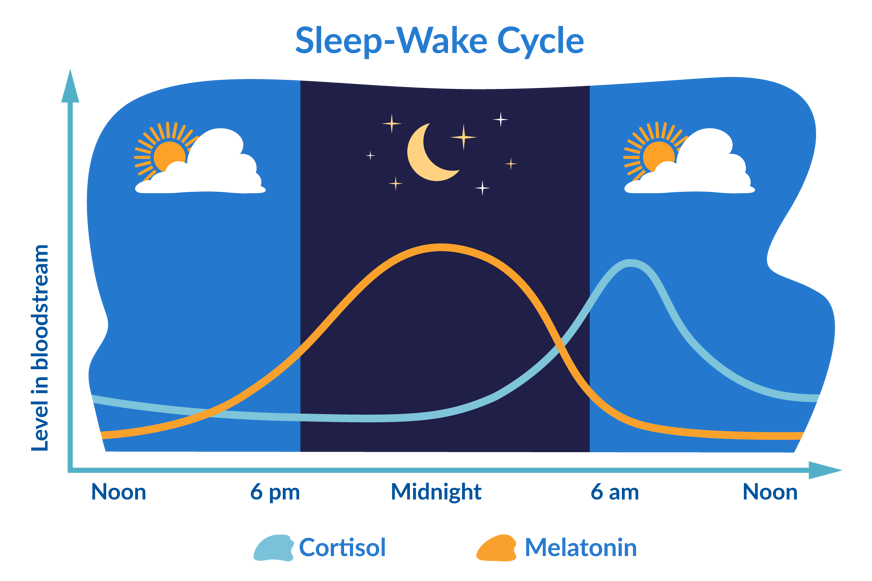
Drinks that promote relaxation, such as hot chocolate and Horlicks, may also have sleep-inducing benefits. 🫖
Satisfying hunger or cravings could make falling asleep easier.
If you often feel hungry before bed, try consuming light, healthy snacks like nuts, yoghurt, or a few squares of dark chocolate, which can quell the sweet tooth craving.
You should also try to eat more throughout the day to prevent yourself from feeling hungry at night.
Final thoughts
The general consensus might be to avoid food before bed.
However, the truth isn't so black and white.
A light, healthy snack may actually prevent the tossing and turning associated with hunger pangs.
Larger meals should ideally be consumed 2 - 4 hours before bed to ensure proper digestion.
Moreover, those with health conditions like diabetes [7] should seek advice from healthcare professionals to tailor their night-time eating habits accordingly.
Take a look at our sleep hygiene article for more advice about improving your bedtime routine.
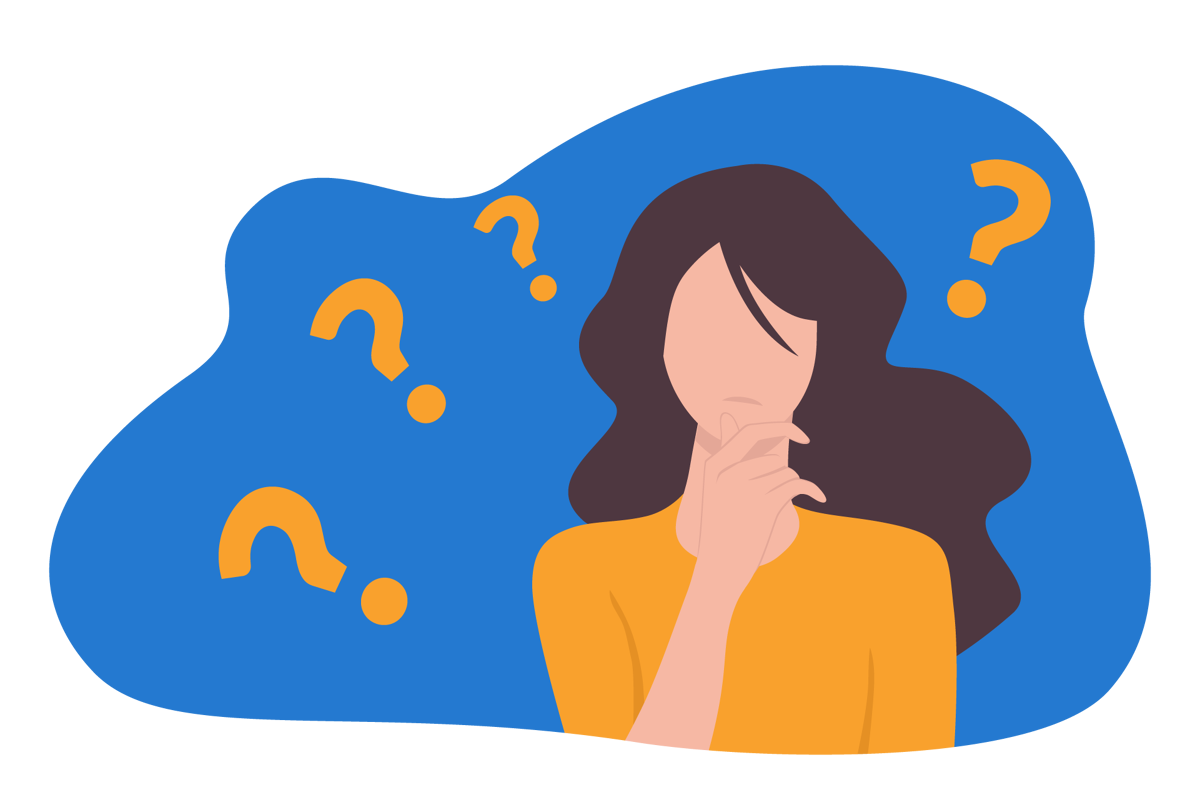





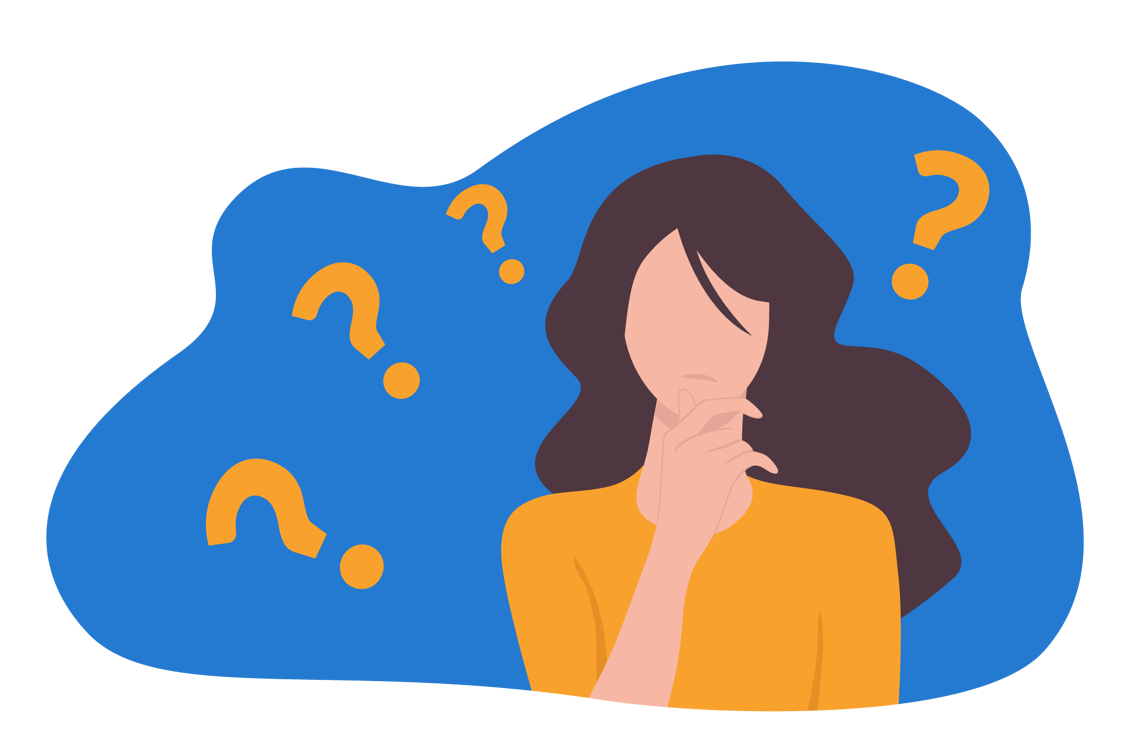
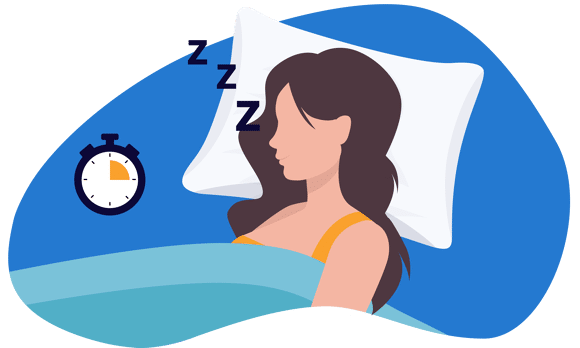
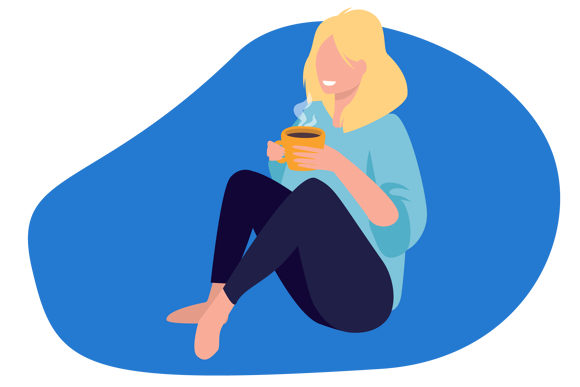
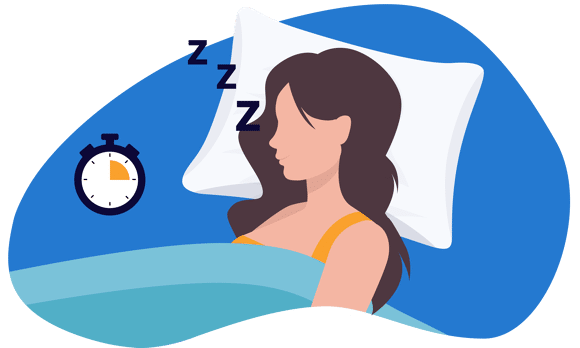


Alternatively, message us directly via the Contact Us page.